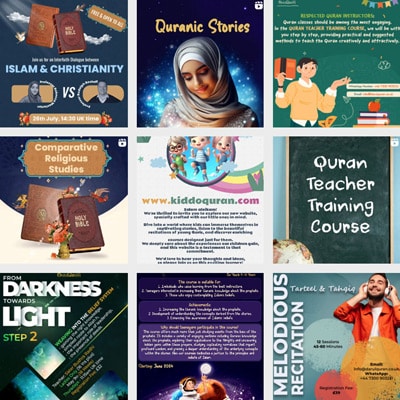
Abstract
Although Huffaz (those who memorize the entire Qur’an) in Indonesia are certified to have memorized the whole Quran upon graduation, the majority are not able to fully interpret (Tafsir) its meaning. This could be related to the methods applied for memorizing the Text. This study aimed to identify the most common method used by respondents in memorizing the Qur’an, to analyze the differences in the examination scores for Qur’an memorization based on gender, to examine the relationships between respondents’ score for Tafsir and Qur’an memorization. Respondents were students at Ma’had Tahfiz Al-Qur’an at Prenduan Indonesia. A questionnaire survey was employed for data collection. Besides that, the examination scores for Qur’an memorization (Tahfiz) and for Tafsir were also collected and analyzed to address the second and third research questions. Descriptive analyses, independent sample t-test and Pearson correlation were conducted to support evidences. Findings showed that four memorization techniques: Wahdah, Kitabah, Sima’i, and Jama’ were applied by respondents, the most common method being the Wahdah method. The study found a significant difference in the examination scores for Qur’an memorization between male and female respondents. It also found that the relationship between respondents’ scores for Tafsir and scores for Qur’an memorization is statistically significant. The study concludes that by studying Tafsir, Huffaz could improve the understanding of the Qur’an which should be the ultimate aim in memorizing the text. Huffaz should not only expect to gain rewards while reciting the Qur’an but to be able to apply the teachings from the revelation in daily life.




